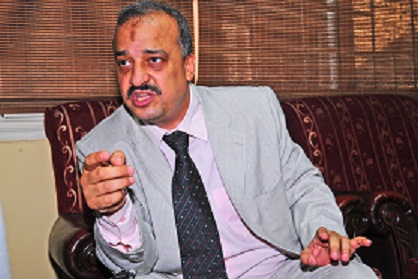WASHINGTON: The United States intervened militarily in Libya partly because the turmoil there could threaten recent democratic revolutions in Egypt and Tunisia, Defense Secretary Robert Gates said Sunday.
After criticism from US lawmakers who feel Congress should have been consulted, Gates acknowledged that Libya did not pose an "actual or imminent threat" to the United States.
"It was not — it was not a vital national interest to the United States, but it was an interest," he said in a joint appearance with Secretary of State Hillary Clinton on ABC’s "This Week" program.
"There was another piece of this though, that certainly was a consideration. You’ve had revolutions on both the east and the west of Libya," he said, noting that refugees fleeing Libya could overwhelm Tunisia and Egypt.
"So you had a potentially significantly destabilizing event taking place in Libya that put at risk potentially the revolutions in both Tunisia and Egypt," Gates said, adding: "Egypt is central to the future of the Middle East."
US President Barack Obama has come under fire for taking military action against Libyan leader Moamer Qaddafi’s forces without approval from Congress, which has the sole authority under the US Constitution to declare war.
"I’m one of those who believe that when you’re not defending the shores of the United States, you have an obligation under the Constitution to come to the Congress and ask for permission," Democratic Representative George Miller told MSNBC Thursday.
Lawmakers have also worried that the US benchmarks for success are unclear and that the president has not laid out an "exit strategy" from the conflict.
On the campaign trail, Clinton and Obama had both opposed unilateral actions, but she said the Libya move did not require such approval.
"Well, we would welcome congressional support," she said, "but I don’t think that this kind of internationally authorized intervention where we are one of a number of countries participating to enforce a humanitarian mission is the kind of unilateral action that either I or President Obama was speaking of several years ago.
"I think that this had a limited timeframe, a very clearly defined mission which we are in the process of fulfilling," Clinton said.
At the request of lawmakers, Clinton, Gates, US Director of National Intelligence James Clapper, and the top US uniformed military officer, Admiral Mike Mullen, are due to hold a classified briefing on Wednesday, sources said.
Republican House Speaker John Boehner, who has taken a leading role in seeking answers on the Libyan conflict from the White House, organized the Wednesday briefing for lawmakers, according to a leadership aide.

